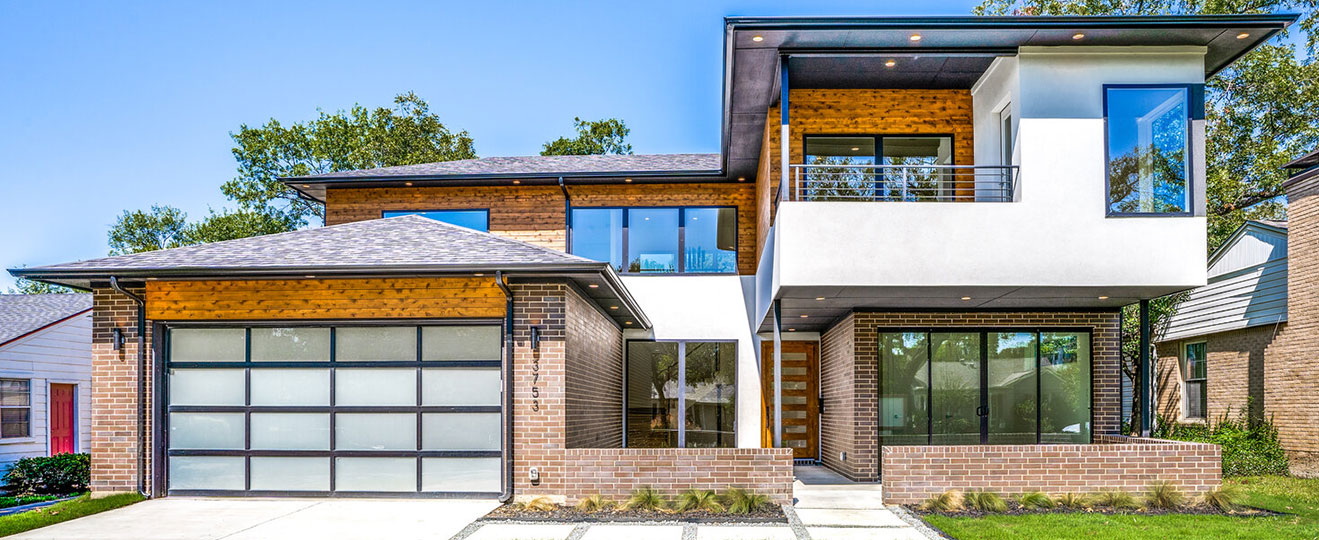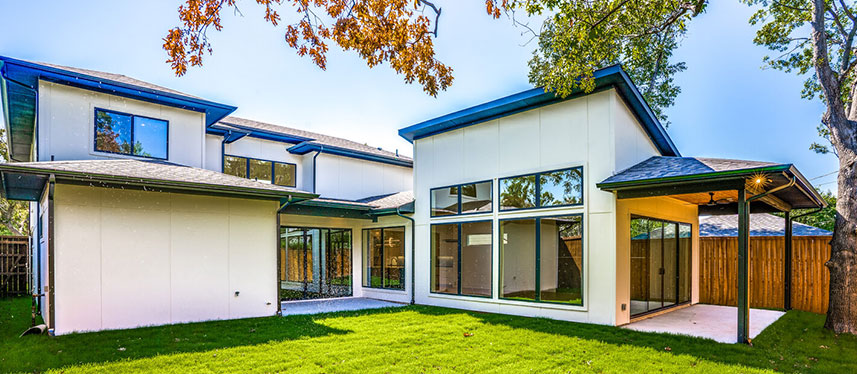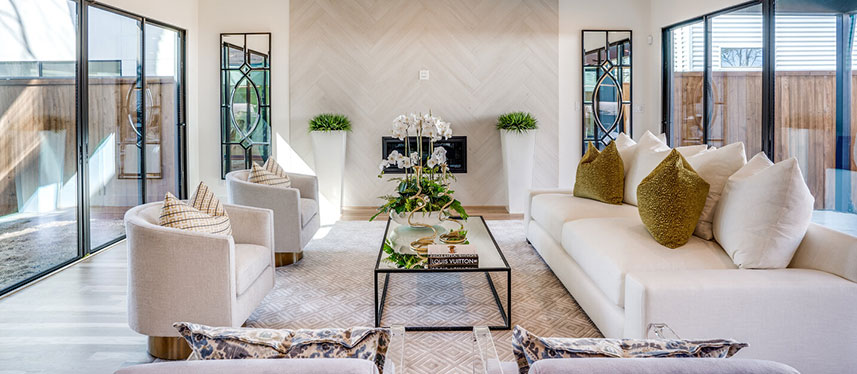
Introduction
A garage conversion is a smart choice for many homeowners in Mountain View. By transforming an unused garage into a functional space, you can create a home office, guest room, or rental unit. This conversion not only makes better use of your space but also increases your property value. With the growing need for additional living areas, garage conversions are becoming a popular option in Mountain View.
Essential Garage Conversion Rules for Mountain View
What you can build
Maximum Size
The maximum size for a garage conversion is typically 800 square feet, allowing ample room for various uses.
Side/rear setbacks
A minimum setback of 5 feet from the side and rear property lines is usually required.
Height limit
Conversions must not exceed a height limit of 16 feet to maintain neighborhood aesthetics.
Building separation
There should be at least a 10-foot separation between the converted garage and any other structures on the property.
Permitting Process Timeline
Standard
The standard permitting process takes about 2 to 3 months from application to approval.
Historic Property review
For properties with historic designations, the review process can take up to 6 months to ensure compliance with preservation standards.
Zoning Regulations in Mountain View
Garage conversions must comply with local zoning laws.
Garage Conversion Size Limitations:
| Zoning District | Maximum Floor Area Allowed |
| R-1 (Single Family) | 600 sq ft |
| R-2 (Two Family) | 800 sq ft |
| R-3 (Multifamily) | 1000 sq ft |
| R-4 (Neighborhood Mixed Use) | 1200 sq ft |
Height Limitations
The maximum height for garage conversions is generally capped at 16 feet.
Building Coverage
Converted garages must not exceed 50% of the total lot coverage.
Location
| Property Type | Location Requirement |
| Single-Family Homes | Must be attached or within 10 feet of the main house |
| Duplex | Can be detached but within 15 feet of the main structure |
| Multifamily | Must be located at the rear of the property |

Exterior details
Exterior finishes should match or complement the existing house.
Setbacks and Buffer Zones
Maintain a 5-foot setback from side and rear property lines.
Minimum Lot Area
Connection for utilities
Proper connection to water, sewer, and electrical systems is required.
Fire safety
Install smoke detectors, fire extinguishers, and ensure egress windows are accessible.
Room specifications
- Living Area: The living area should be at least 150 square feet to ensure comfort.
- Kitchen: Include a kitchenette with a minimum area of 50 square feet.
- Bathroom: A full bathroom must be at least 30 square feet.
- Ceiling Height: Maintain a minimum ceiling height of 7.5 feet throughout the conversion.
Short-term Rentals and Home Occupations Regulations
Certain regulations apply to using converted garages for short-term rentals or home businesses.
Building Codes
Adherence to all local building codes is mandatory for safety and compliance.
Mountain View Garage Conversion Permit Guidelines
| Permit Type | Description | Estimated Fee |
| Building Permit | Required for structural changes | $500 |
| Electrical Permit | Needed for electrical work | $200 |
| Plumbing Permit | For any plumbing installations | $250 |
| Mechanical Permit | For HVAC installations | $150 |
| Planning Review | Review for zoning compliance | $300 |
Property Requirements
Ensure the property meets all local regulations for garage conversions.
Parking
Provide at least one off-street parking space for the converted unit.
Front Setbacks
Maintain a front setback of at least 15 feet.
Side and Rear Setbacks
Ensure a side and rear setback of 5 feet.
Open Space and Rear Yards
Preserve 20% of the lot as open space.
Properties That Qualify
Only properties zoned for residential use can qualify for conversions.

Development standards
Single-family Homes
Must adhere to a maximum size of 600 square feet for the conversion.
Multi-family Properties
Conversions can be up to 800 square feet.
Duplex Properties
Allowed conversions up to 700 square feet.
Property designations
- Flood Zones: Conversions in flood zones require additional flood-proofing measures.
- Easements: Respect all existing easements on the property.
- Historic Properties: Special considerations and approvals are needed for historic properties.
Summary
Transforming your garage in Mountain View into a usable living space is a practical way to increase your home’s functionality and value. Adhering to local regulations ensures a smooth conversion process and a beautiful, compliant result.
FAQs
The timeline varies but generally takes 2 to 3 months from start to finish, including permitting. It might take longer if there are unexpected delays. Always plan for some extra time.
Yes, but you must comply with local rental regulations and obtain any necessary permits. Short-term rentals might have different rules. Check with local authorities for specific guidelines.
While not mandatory, a separate entrance is recommended for privacy and convenience. It also makes the space more appealing for tenants. Having a dedicated entrance can add value.
You can include living areas, kitchens, bathrooms, and even small offices or bedrooms. The layout depends on your needs. Make sure to follow all local regulations for room sizes.
Yes, the exterior should match or complement the main house, and certain size and height limitations apply. These rules ensure neighborhood harmony. Always consult with local planning officials.
It’s not required, but it’s a good practice to keep them informed about significant changes to your property. This can prevent future disputes. Plus, it’s neighborly courtesy.
Generally, conversions are limited to one story to maintain neighborhood aesthetics and comply with height restrictions. Some areas may allow exceptions. Always check local zoning laws.
Yes, increasing the usable square footage of your home can lead to higher property taxes. It’s wise to consult with a tax professional. They can provide a more accurate assessment.
Typically, only one garage conversion is allowed per residential property. This helps maintain the character of the neighborhood. Verify with your local planning department.
Yes, both attached and detached garages can be converted, provided they meet zoning and setback requirements. Detached conversions might have different rules. Ensure you meet all criteria.
You will need to connect water, sewer, and electrical systems to the new living space. Proper permits are required. It’s essential to work with licensed professionals.
Yes, any structural, electrical, or plumbing work requires a permit. This ensures the work meets safety standards. It also helps avoid potential legal issues.
No, living in the space during construction is not allowed for safety reasons. Once completed and inspected, it can be used. Safety is always the top priority.
You must provide at least one off-street parking space for the converted unit. This helps alleviate street congestion. Additional parking may be required for larger conversions.
Yes, a garage conversion can add value to your home, making it more attractive to buyers. Ensure all work is permitted. This can streamline the sales process.
There are no specific restrictions, but it’s advisable to use durable, easy-to-clean flooring. Consider moisture-resistant options. This ensures longevity and ease of maintenance.
Use proper insulation, energy-efficient windows, and appliances to enhance energy efficiency. This can reduce utility costs. Consult with an energy expert for best practices.
Yes, converting your garage into a home office is a popular and practical choice. It can provide a quiet work environment. Ensure it meets all local regulations.
You will need to update your homeowner’s insurance policy to include the new living space. Inform your insurer of the changes. This ensures adequate coverage.
Non-compliance can result in fines and may require you to undo the work done. Always ensure you follow all regulations. It’s best to work with a professional.